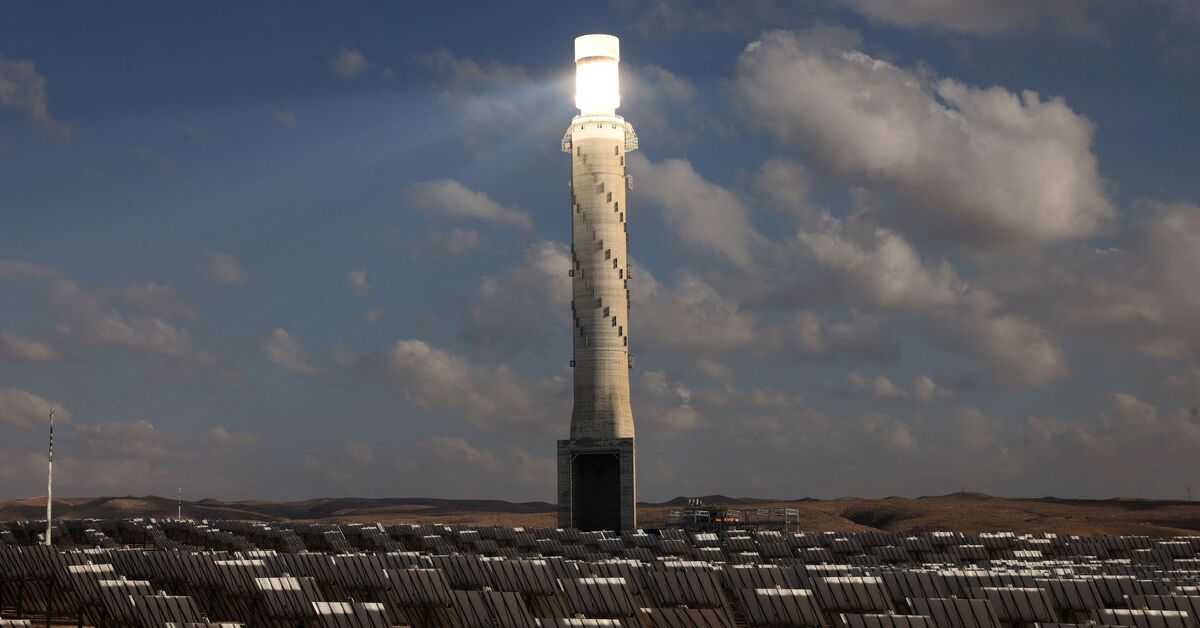
If you live in Massachusetts, then you should know that you can take advantage of many tax incentives to install solar power. Section 1603 grants are available to installations that were made prior to December 31, 2011. This program is also called SREC and lets you earn money from selling the solar energy you produce. Your system can be paid off in five to six years, and you will continue to earn income for its life.
Tax credits
Massachusetts offers tax credits that can help homeowners make solar installation more affordable. The state government offers a program called the Solar Massachusetts Renewable Target (SMART) that offers incentives for installing solar panels on residential buildings. Customers who install solar panel systems in their homes are eligible for monthly payments. The program is sponsored by the Massachusetts Department of Energy Resources (DOER) and Eversource, among other utility companies. The program's goal is to produce at least 3200 megawatts of solar power in Massachusetts. You must connect your system with one of the three investor-owned utilities in order to be eligible. Each utility has different requirements for qualifying projects and the amount of rebates can vary widely.
Massachusetts also offers Solar Power Performance Pays. These are also known by the production incentive. These payments pay small amounts of cash based upon the actual performance or your renewable energy system. This is more efficient than paying for the system's rated power. This means that you can get credit to generate electricity, which will make the solar PV system financially viable.

Exemptions for property taxes
Property tax exemptions in Massachusetts are a great way for homeowners to save money on their tax bills. To be eligible, your home must have been owned for at least one-year. Exemptions are available in some cities and towns, but not all homeowners can be eligible. Specific requirements for exemptions vary depending on which municipality you are in and what tax collection period you are.
You must file a Form of List if you have taxable personal property. This form must filed by March 1 prior the beginning of the fiscal years. You must also file a Form of List if you own furnishings and effects and if you are a charitable organization.
A tax exemption may be available for your personal and real assets if you are a Massachusetts National Guard or Reserve member. Hingham, MA recently approved a program that reduces taxes for veterans and military personnel. Get more information from your local assessor. Veteran Veterans may also be eligible for a $1,500 abatement in real and personal property taxes.
State solar incentive program
The Massachusetts state solar incentive program (SMART) has been expanded to include low-income customers. Incentives are based on the generation of solar panels per kWh. Customers can expect rebates of 20-35% depending on their utility's solar production.

The program encourages Massachusetts to add 1.6 GW solar power capacity. The state has established eight 200-MW sequential Tarife Schedules. They are distributed on a first came, first served basis. Accordingly, the sooner you sign your solar energy system contract the greater the reimbursement. Massachusetts has an average of $950 per year in SMART payments for solar power systems.
The SMART program, a complex set of incentives, is designed to help solar projects achieve energy equity, distributed generation, reliability, and other goals. You can calculate incentives using the spreadsheet tool included in this program. The program also requires solar projects to have a net metering policy. Massachusetts law requires that a solar project must generate less than 60 kW. The utility will offer a discount on the retail energy rate to compensate homeowners.